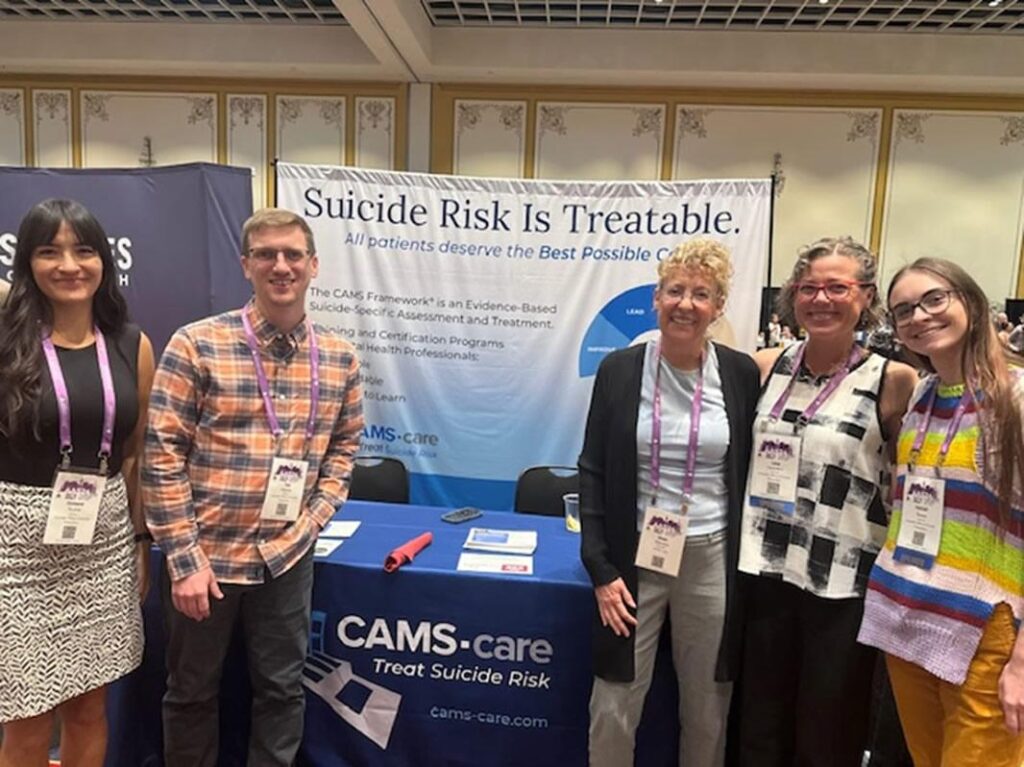In a world where advancements in medical research are crucial for improving the lives of our veterans, a troubling obstacle has emerged.The recent federal hiring freeze has posed a significant threat to ongoing research efforts at the Department of Veterans Affairs, particularly in the areas of cancer, suicide prevention, and toxic exposure. as tensions rise and the future of these critical studies hangs in the balance, it is imperative that we shine a light on the potential repercussions of this perilous situation.
understanding the Impact of Federal hiring Freeze on VA Research
The federal hiring freeze is posing a significant threat to vital research initiatives at the Department of Veterans Affairs (VA), particularly in the areas of cancer, suicide prevention, and toxic exposure. Without the ability to bring in new researchers and scientists, ongoing projects risk being stalled or even discontinued, putting the health and well-being of our veterans at risk.
Some of the key research programs that could be impacted include:
- Progress of innovative cancer treatments tailored to veterans’ needs
- Studies on suicide prevention strategies specifically designed for veterans
- Investigations into the health effects of toxic exposure during military service
It is crucial for policymakers to recognize the importance of VA research and take action to ensure that these critical projects can continue without interruption.
Challenges Faced by VA in Cancer, Suicide Prevention, and Toxic Exposure research
The VA’s crucial research efforts in the fields of cancer, suicide prevention, and toxic exposure are facing significant challenges due to the federal hiring freeze imposed by the current administration. This freeze has hindered the VA’s ability to bring in new talent and expertise, resulting in delays and setbacks in crucial research projects aimed at improving the health and well-being of our nation’s veterans.
Without the necessary staff and resources, VA researchers are struggling to make progress on key initiatives, such as developing innovative treatments for cancer, implementing effective suicide prevention strategies, and studying the impact of toxic exposures on veterans’ health. The inability to recruit new researchers and support staff is hindering the VA’s ability to fulfill its mission of advancing healthcare and improving outcomes for our nation’s brave servicemembers.
Recommendations for Mitigating Risks to VA Research Programs
It is indeed crucial to implement strategies to protect VA research programs in the face of the federal hiring freeze. To mitigate risks to valuable research initiatives such as cancer studies, suicide prevention programs, and toxic exposure research, the following recommendations shoudl be considered:
- Streamline Administrative Processes: Simplify paperwork and approval procedures to ensure research projects are not delayed or hindered by bureaucratic hurdles.
- Prioritize Critical Positions: Identify key research positions that are essential for the success of ongoing studies and prioritize filling those roles to maintain research continuity.
| Advice | Implementation |
|---|---|
| Enhance Collaboration | Facilitate partnerships with external research institutions to access additional resources and expertise. |
| expand Funding Sources | Explore choice funding options to support VA research programs in the absence of federal resources. |
Ensuring Continued Progress in Critical Areas of Veterans’ Health Research
The Veterans Health Administration (VHA) is actively engaged in critical research areas such as cancer, suicide prevention, and toxic exposure. These research efforts are essential to improving the health and well-being of our nation’s veterans. However, the recent federal hiring freeze has put these important research initiatives at risk.without the necessary staff and resources, progress in these vital areas of veterans’ health research might potentially be compromised.
It is imperative that we take action to ensure that VA research on cancer, suicide prevention, and toxic exposure continues without interruption. The health and well-being of our veterans depend on it. We must advocate for the necessary resources and support to maintain these crucial research efforts and protect the future health of our nation’s heroes.
The Conclusion
the impact of the federal hiring freeze on important research initiatives at the VA cannot be understated. From advancing our understanding of cancer to preventing suicide and addressing toxic exposures, the work being done by VA researchers plays a critical role in improving the health and well-being of our nation’s veterans. As the hiring freeze continues, we must remain vigilant in advocating for the resources and support necessary to ensure that this vital research can move forward unimpeded. Our veterans deserve nothing less.


